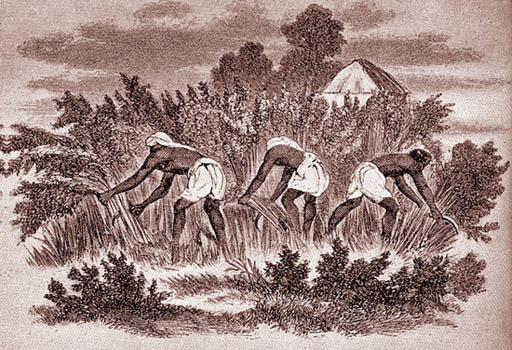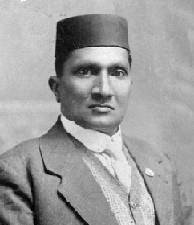Gandhi Journal Article-II (December 2014)
Gandhi and
Globalisation
By Dr. Tabassum Sheikh
In
dealing with the subject of Globalization and Gandhi I would like to first
bring out Globalization, it’s negative, disruptive, exploitative and
marginalized aspect and the thoughts of Mahatma Gandhi as to how it can prove
to bring solutions to the problems brought about by Globalization.
Globalization
is defined by intellectuals and thinkers as the process of integrating and
opening markets across national borders. It is a process of increasing
interdependence in the world. This free flow is related to ideas, goods,
services, money, values, aims, culture across the national frontiers. It is
shaping a new era of interaction among nations, economies and people. As a
result it has increased the contacts between people across national boundaries
in economy, in technology, in culture and governance; it is also fragmenting
production process, labour markets, political entities and societies. While
globalization has positive, innovative, dynamic aspects it also has negative,
disruptive, exploitative and marginalized aspects. The entire process of
globalization is highly controversial, raising great concern about national
sovereignty, corporate responsibility, equity for the world’s poorest people.
It is a complex phenomenon and its complexities are likely to increase with the
unfolding of the process.

